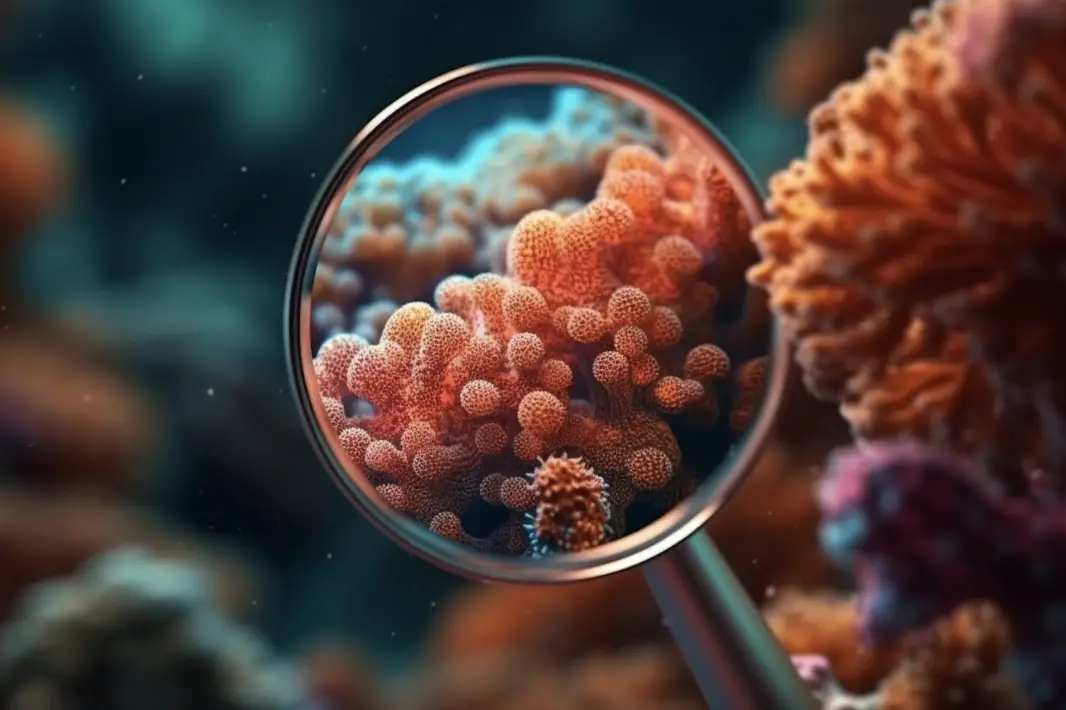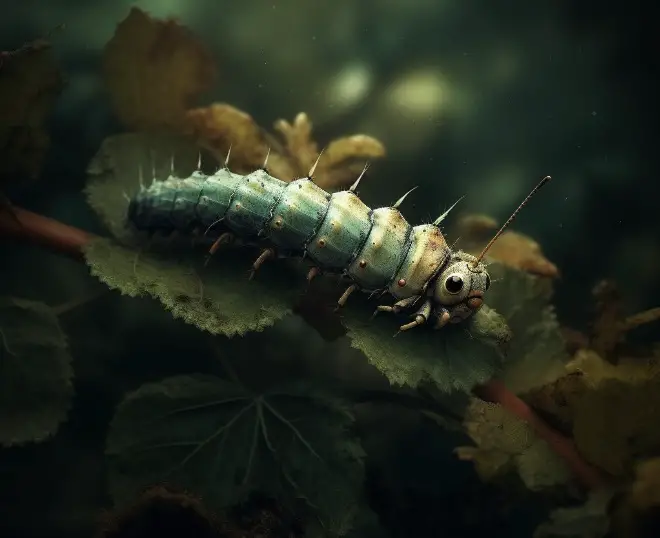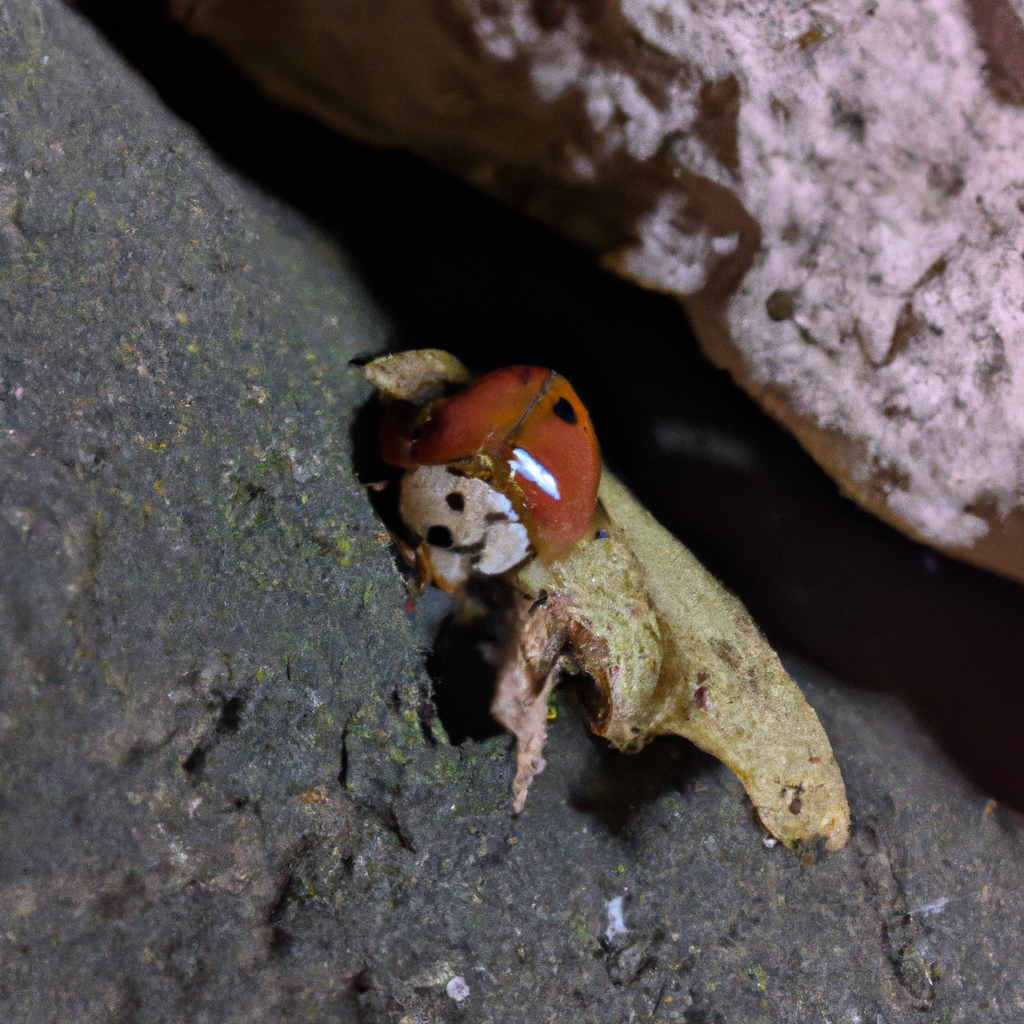What Are Some Decomposers In Coral Reefs?
Coral reefs are among the most diverse and productive ecosystems on Earth. They provide habitat for a wide variety of organisms, including some essential decomposers that play a vital role in the health and function of these ecosystems. In this blog post, I will discuss some of the decomposers that can be found in coral…










